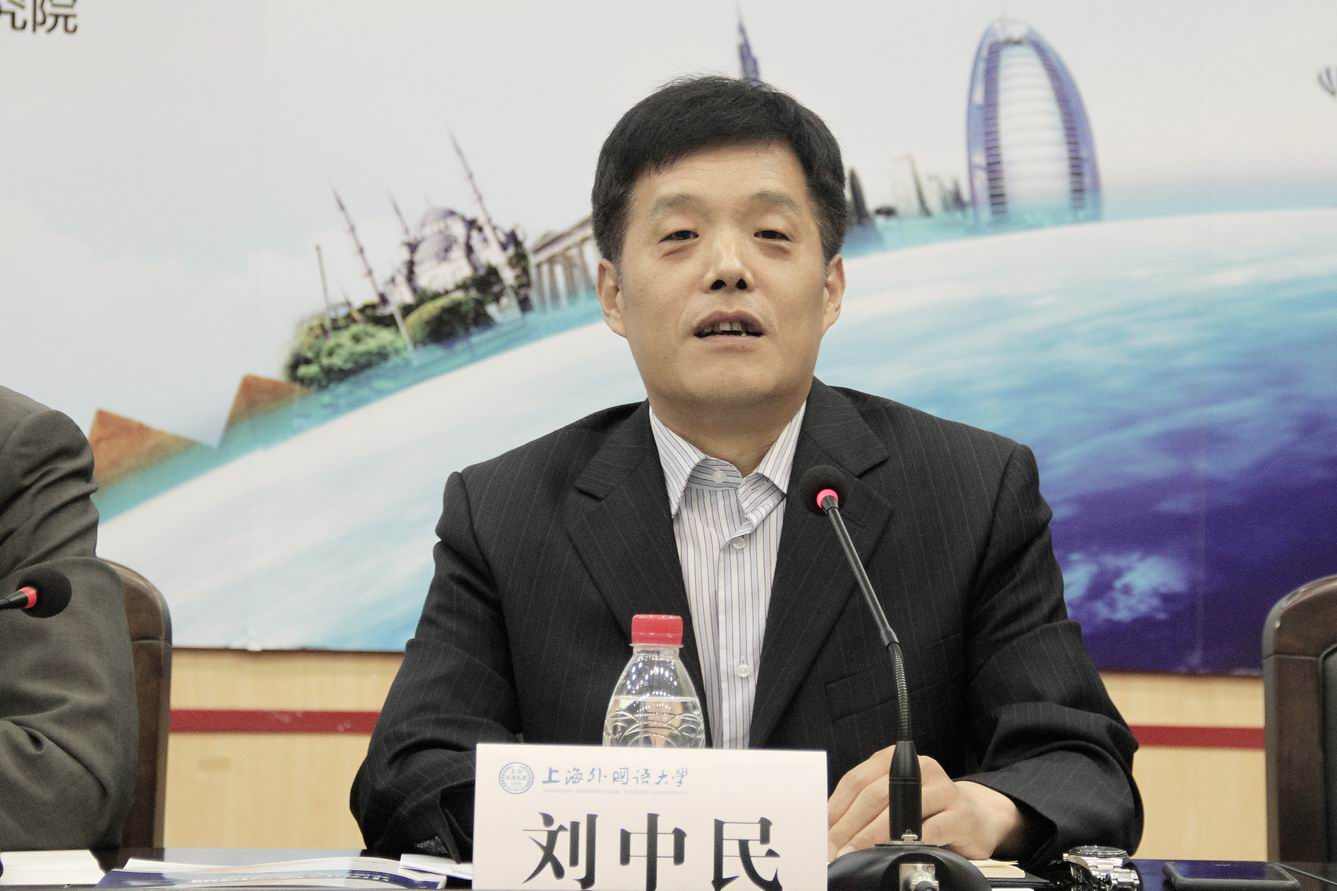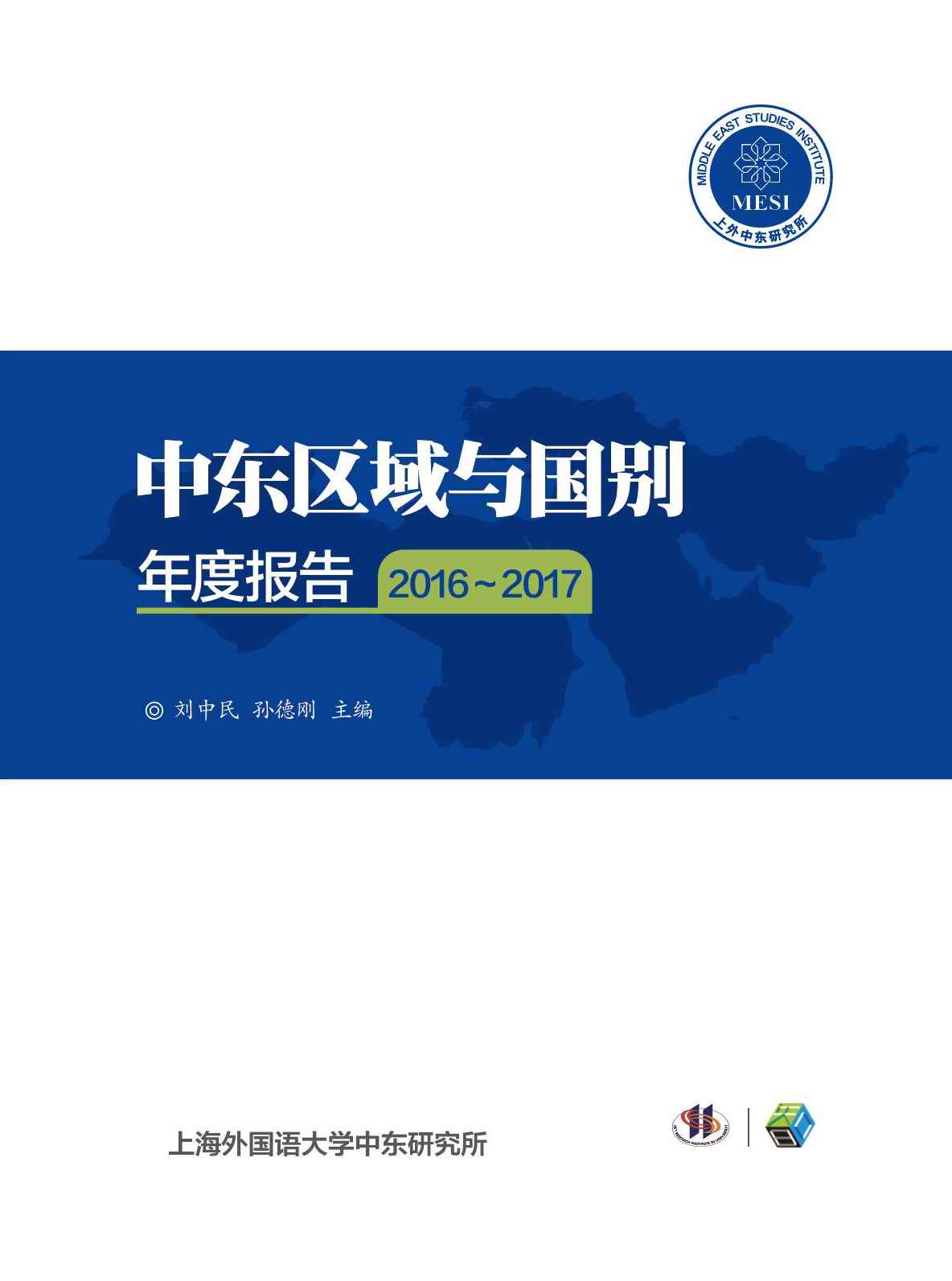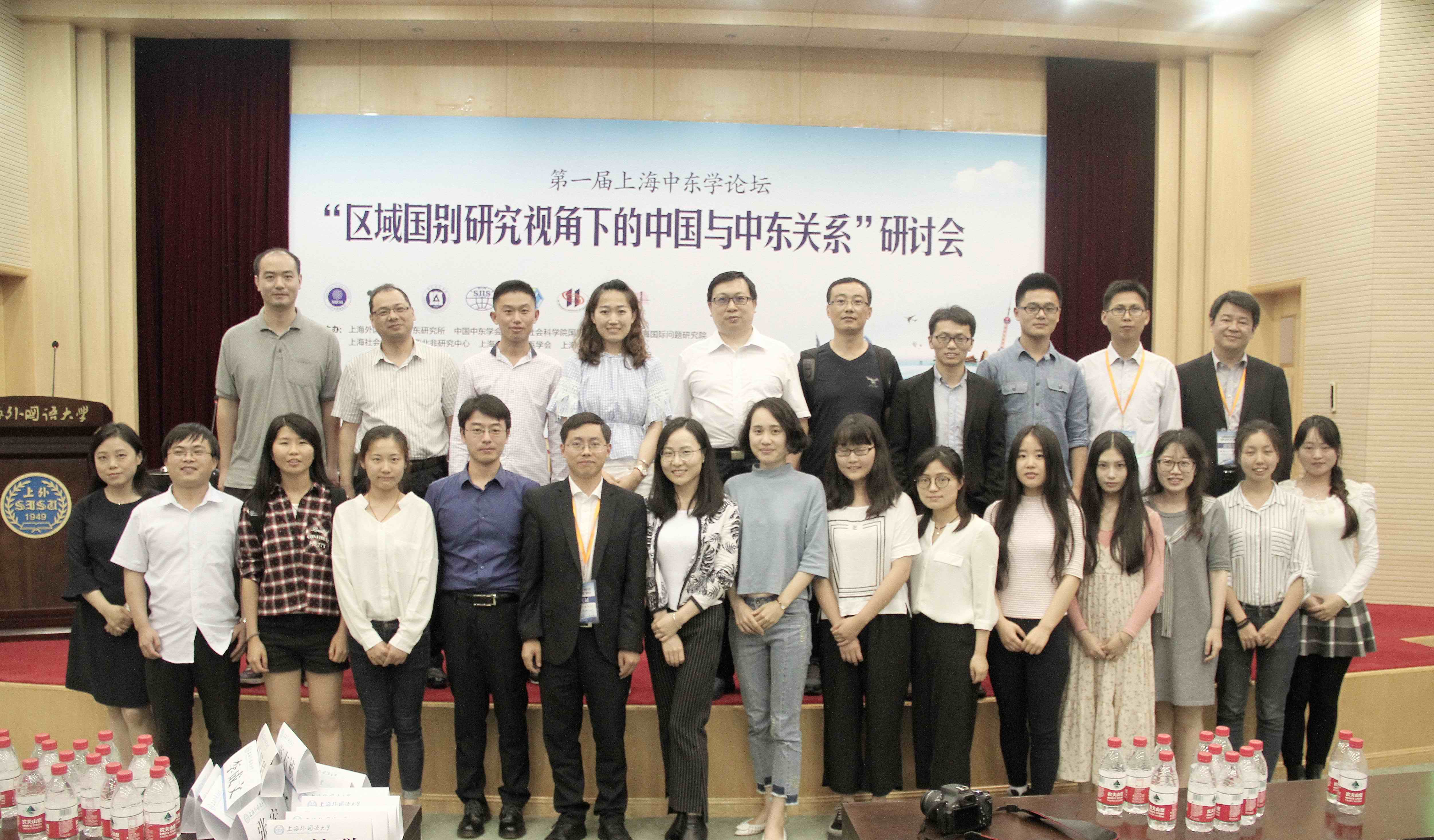
On June 10, the 1st Shanghai Middle East Studies Forum was successfully held in Shanghai International Studies University. The forum was co-organized by the Middle East Studies Institute of Shanghai International Studies University, China Middle East Society, the Institute of International Studies at Shanghai Academy of Social Sciences, Shanghai Institutes for International Studies, Center of West Asian and North African Studies at Shanghai Academy of Social Sciences, Shanghai International Relations Society, and Center for Turkish Studies at Shanghai University, with the theme of the relationship between China and the Middle East from the perspective of regional and country studies. More than 100 experts, scholars, diplomats, media persons and business representatives from the Ministry of Foreign Affairs, universities, research institutions, media and enterprises joined the discussion.

The opening ceremony of the forum was chaired by Liu Zhongmin, professor and director of the Middle East Studies Institute of Shanghai International Studies University.

The forum also published the 2016-2017 Middle East Regional and Country Studies Reports, in which the development of the situation in the whole region and main countries within, and China’s Middle East diplomacy were evaluated based on comprehensive analysis. The reports hold that generally, Middle Eastern countries can be divided into three groups: The first group is countries that have experienced turbulence and expected for stability, represented by Egypt. Although the overall situation in these countries has improved, the future of them is still unlikely to be promising in short term. They have initially accomplished the mission of national reconstruction; however, these countries still have not found a development path that suitable for their own conditions. The second group is the countries that are still in turbulence, represented by Syria, Yemen, Libya and Iraq. Situation in these countries is volatile and national construction is stalled. The third group is other Middle East countries that face the pressure of transition. These countries try to resolve long existing problems through political and economic reforms, and enhance their capability in national governance as well.

The 1st Shanghai Middle East Studies Forum has been prepared for almost half a year, with great efforts from research fellows and postgraduate volunteers. It was highly praised by diplomats, experts and scholars.

Relative Reports:
Report on People.com.cn
Report on Wenhui Daily